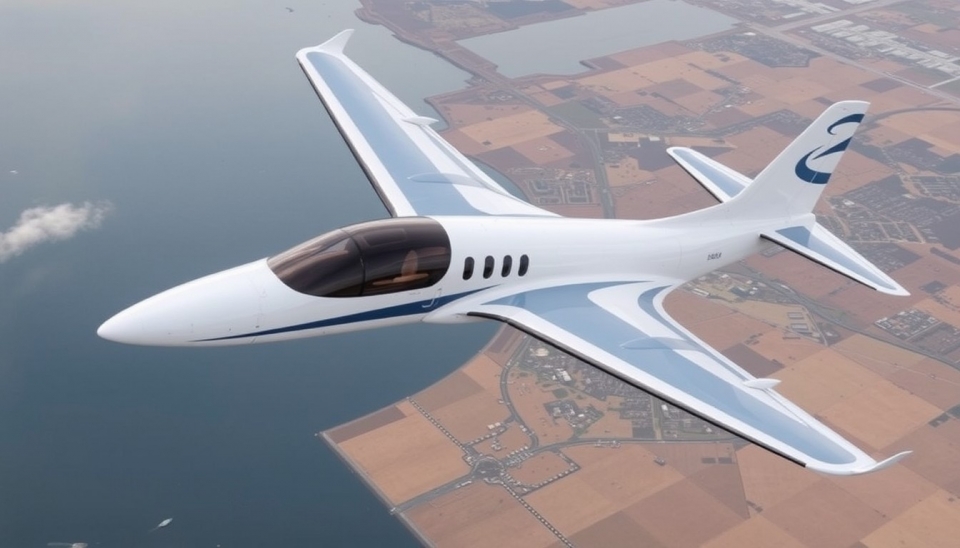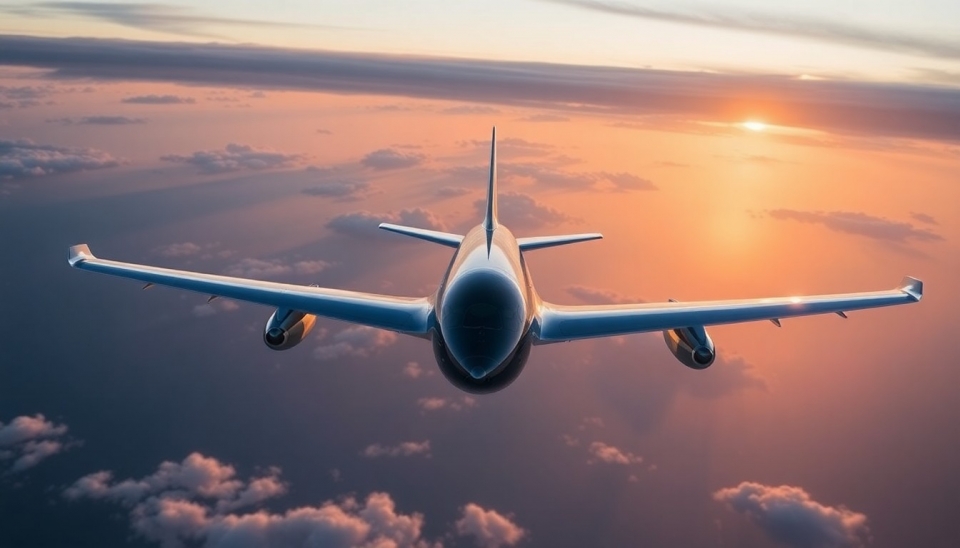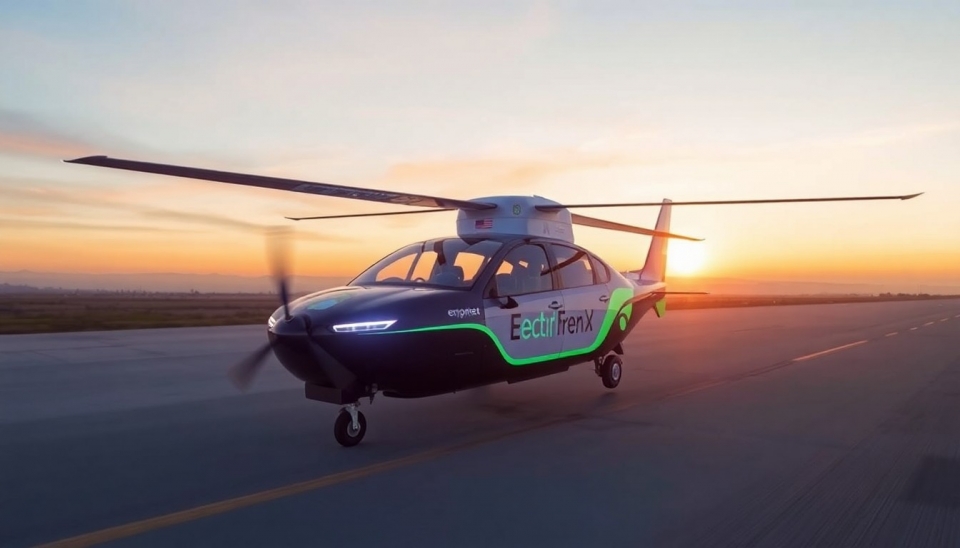Innovative Airplanes with Synthetic

A new era in aviation promises significant improvements in aircraft fuel efficiency, thanks to unique materials inspired by nature. A team of scientists and engineers has developed an innovative covering that resembles shark skin, which can markedly reduce air resistance and enhance fuel efficacy. The use of this synthetic material on airplanes could potentially lead to significant fuel savings and a reduction in carbon dioxide emissions, which in turn could have a positive impact on the environment.
Research has shown that the texture of "shark skin" creates microscopic vortices that decrease turbulence around the aircraft. This nature-inspired solution has already been successfully tested on various types of aircraft, and its implementation into mass production opens up new opportunities for aircraft manufacturers. The changes implemented will improve not only the economic balance of companies but also reduce their impact on the environment.
The design of new aircraft using this coating begins with carefully conceived models. These samples undergo testing in special aerodynamic tunnels, allowing researchers and designers to evaluate the effectiveness of new technologies before organizing them on real aircraft. It is important to note that such innovations have already attracted the attention of major airlines interested in reducing their operating costs and improving their image regarding sustainable development.
Synthetic "shark skin" also promises to become the basis for future aircraft, which will exert less pressure on ecosystems, allowing airlines to fulfill their commitments to ensure sustainable growth and combat climate change. In an era where environmental concerns come to the forefront, such developments open new horizons for the aviation industry, providing a unity of comfort and efficiency.
According to forecasts, shark skin will be one of the most relevant innovations in the aviation world in the coming years, and integrating these technologies should be a priority not only for manufacturers but also for all relying on the aviation industry.
Ultimately, the introduction of airplanes with synthetic "shark skin" is a step towards not only more economical but also more environmentally friendly aviation technologies. It provides hope that in the near future, air travel will become more sustainable and accessible without compromising the environment.




